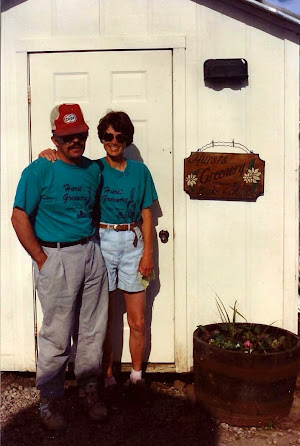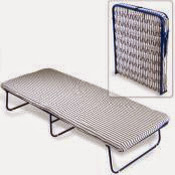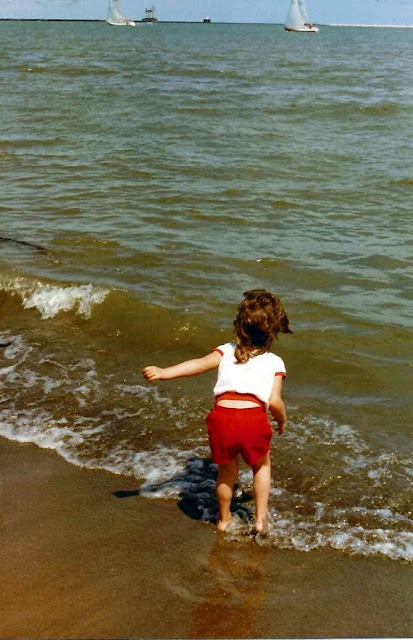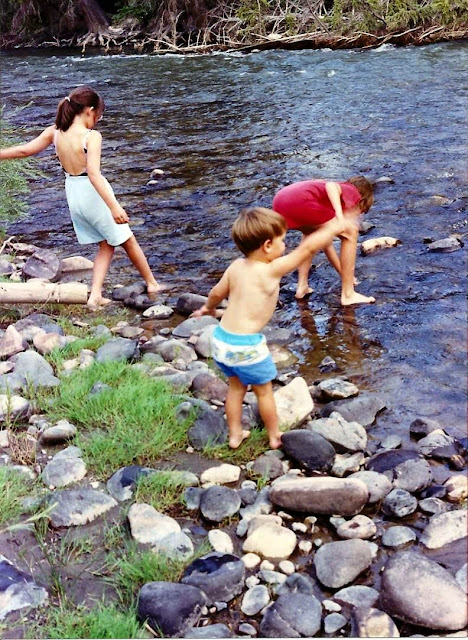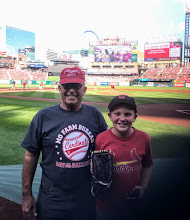How can I not wax nostalgic at Fair time? Years ago, before we had kids, Blake and I would get up before sunrise and head over to the Atchison County Fair to help wash 4H calves, check out the competition, and lend moral support. The Fair took place late in August back then, and the mornings were cool and heavy with dew. Blake's brother Brooks was the same age Aaron is now, so I imagine he didn't mind having some extra help calf wrangling in the wash pen.

I was no expert on cattle judging, but I relished the neighborliness, the burnt coffee in styrofoam cups, and the fresh glazed doughnuts laid out for those willing to be early risers. Back then the Hurst family showed Simmental cattle, big long bodied steers that were eating machines and could tip the scales at three quarters of a ton of beef. And there were kids less than 5 foot high controlling those beasts with a jerk on their halters and a stern look....and there were kids whose calves were completely in charge, dragging the rope from their erstwhile master's hand, trotting around the ring dragging the rope through the muck,...or ...worse yet, raising their tails high and heading for hole 5 or 6 of the Rock Port Country Club just beyond the cattle panels.

Flash forward. Years pass; styles change and the Simmental behemoths that could leap like a stag have been replaced by smaller sleeker black steers with noses that could sip from a teacup. The kids of the '90s had lovely Chianina steers to show, shiny, but as skittish as colts. They felt just fine to the judges, but hang em on a rail and they might, but probably wouldn't, grade choice.
Our family had a routine by then....have a rodeo right after July 4th, a very tense occasion during which Blake would try not to scream at the womenfolk for not stopping the hurdling terrified 1200 pound bovines and the womenfolk would pretend anyone else in the family couldn't do better at lassoing said animals.

After the steers were tied and haltered, the girls spent a week bringing feed and water to them before they attempted to lead them to the water tank and back again. If these milestones were accomplished without injury to either girl or beast, the steers were turned loose again, still haltered, to eat and drink freely, with the underlying assumption being the cattle were used to the girls and, once caught, we could catch ém again. Finally, the kids practiced with their show sticks, leading the calves around the feedlot, setting them up, and praying every single time that one of the steers would not take a notion to balk. By that time, Blake would leave home every morning and come home every night asking 'Did you brush your calves?' The curry combs, clogged with dust and hair, hung on the barbed wire as evidence of daily grooming.
All those years of showing did yield a couple of trophies, but we figured they were more like winning a door prize than evidence that we were calf jockeys.
No, our real accomplishments were the three tough accomplished unflappable showmen we raised, capable of coaxing, combing, calming, all the while keeping a weather eye on the judge. The steers were never much of a money making proposition, but there is no way to put a value on good habits, perseverance, and dedication, not to speak of stoicism when a critter breaks a leg two weeks before the show and has to become hamburger.

The kids of the kids are raising animals now. Aaron's hogs will be bacon and chops and roasts in the freezer in a week or so. He will have money in his account to start the process all over again. Matt and Ann are already discussing how to make Aaron's project, not just good eating, but good looking as well. Aaron's grandparents (that's us!) are justly proud of how he has improved in the ring from last year and we know how attentive his folks are to his work ethic when it comes to doing chores!


Just a year or two ago, the US Department of Labor proposed some new regulations for children on farms that would have limited the kinds of work kids can do, even on their family's farms. The uproar was so great that the rules were withdrawn and kids like Aaron can still work and chore like our children did and boys and girls have for generations. The proposed rules landed on the agriculture industry like a bolt from the blue: stunningly arbitrary and ignorant of the inherent family nature of US agriculture. Even though this was a proposal from the Federal level, it is a perfect example of what Amendment 1 is trying to protect Missouri farmers from: a misguided even if well meaning impulse that would fundamentally harm Missouri agriculture.
Amendment 1 is not the result of paranoia. Farmers know that "they"are really out to get us; we need only marginally keep up with current affairs from coast to coast to understand that what we consider productive ways of growing grains, animals, fruits and vegetables are suspect.
We look for affirmation from our neighbors and fellow citizens that places like Atchison county will continue to grow kids from town and country who learn to do their chores every day, be responsible for another creature's well being, and finally, take those lessons to heart and pass them on to another generation. Look at the youngsters at any county fair; read the bloggers on social media; count the number of blue jackets at your local school.
Farmers not only grow our food; they grow our future.



